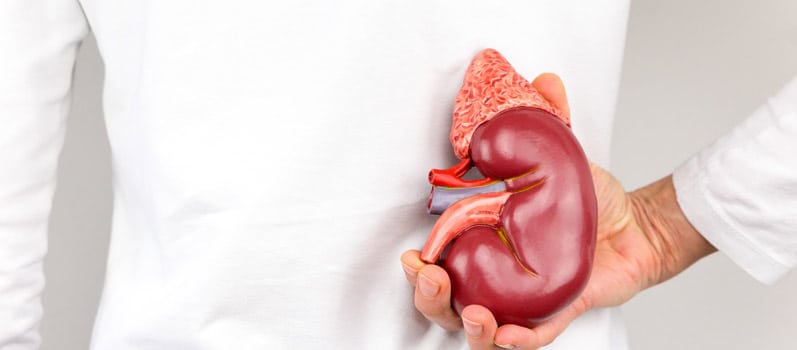
New Treatment Could Make More Kidney Transplants Possible
A preliminary study published in the New England Journal of Medicine shows that a new treatment might make it possible for more patients to get a kidney transplant.
There are more than 100,000 Americans waiting for a kidney transplant, and one-third of these patients are sensitized. This means that they have a large number of antibodies that are ready to attack a donor organ. These antibodies develop when the patient is exposed to foreign tissue. Patients with a prior transplant, pregnancy, or blood transfusion may be sensitized.
For these patients, finding a compatible donor is difficult. Currently, an extensive treatment process exists—involving IV medications that work to eliminate the antibodies.
However, a new treatment called IdeS, which involves infusing an enzyme before the transplant, could be a simpler alternative. According to the researchers with Hansa Medical, which developed IdeS. During the research process, only one of 25 patients was unable to have a successful transplant after the treatment.
However, more research and development is needed. The enzyme does not keep the antibodies at bay forever. In some patients, the antibodies come back and can start to attack the new kidney. Although these patients in the study were successfully treated with anti-rejection medication, it is not yet clear how this will be successful long term. The treatment is not yet available without a clinical trial.









